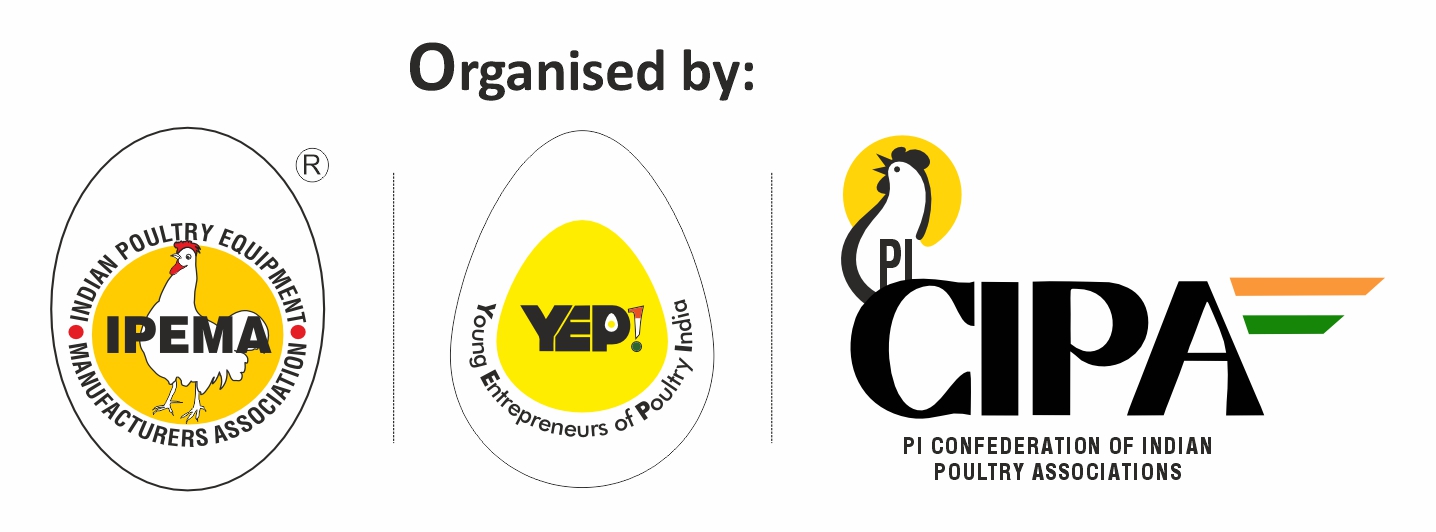How to Keep Your Chickens Healthy in Changing Seasons
_848x283.png)
Raising healthy chickens requires proper care, nutrition, and seasonal adjustments to ensure their well-being. Whether it’s hot summer months, freezing winters, or rainy seasons, sudden weather changes can impact your flock’s health. Here’s a comprehensive guide on how to keep your chickens healthy in changing seasons with expert tips and best practices.
1. Summer Care: Keeping Chickens Cool
High temperatures can lead to heat stress, dehydration, and reduced egg production in chickens. Follow these essential summer care tips:
Provide Shade & Ventilation
-
Ensure your coop has adequate airflow to prevent heat buildup.
-
Use shade cloth, trees, or tarps to block direct sunlight.
-
Keep nesting boxes and perches away from direct sun exposure.
Hydration is Key
-
Fresh, cool water should be available at all times.
-
Add electrolytes to their water to prevent dehydration.
-
Provide water-rich treats like cucumber, watermelon, and frozen berries.
Adjust Their Diet
-
Reduce corn and grains, as they generate heat.
-
Offer high-protein feeds to maintain energy levels.
-
Feed in the early morning or late evening to avoid peak heat.
Prevent Heat Stress
-
Watch for signs like panting, lethargy, or holding wings away from the body.
-
Use misting systems or sprinkle cold water on the ground.
-
Increase bathing areas with shallow water pans.
2. Winter Care: Keeping Chickens Warm
Cold weather can lead to frostbite, respiratory issues, and lower egg production. Here’s how to keep your flock safe in winter:
Insulate the Coop
-
Use straw, hay, or foam insulation to keep the coop warm.
-
Avoid complete sealing—proper ventilation is necessary to prevent moisture buildup.
-
Deep litter method: Adding a thick layer of bedding helps retain heat.
Keep Water from Freezing
-
Use heated waterers to ensure constant water availability.
-
Change water frequently and use rubber bowls that can be tapped to break the ice.
Increase Nutrient-Rich Feed
-
Offer high-calorie foods like cracked corn and black oil sunflower seeds.
-
Supplement with extra protein to keep chickens warm.
-
Add grit to their diet to help with digestion.
Protect Against Frostbite
-
Apply petroleum jelly on combs and wattles to prevent frostbite.
-
Keep chickens dry—wet feathers lose insulation.
-
Provide roosting bars to keep their feet off the cold ground.
3. Rainy Season Care: Preventing Diseases
Wet conditions increase the risk of mud, mold, and parasites in the coop. Follow these steps to keep your chickens healthy:
Keep the Coop Dry
-
Raise the coop off the ground to prevent flooding.
-
Use waterproof roofing materials and fix any leaks.
-
Add extra bedding like pine shavings or straw to absorb moisture.
Protect Against Parasites & Mold
-
Keep the coop clean and remove damp bedding daily.
-
Use diatomaceous earth to control mites and lice.
-
Avoid moldy feed by storing it in dry, airtight containers.
Boost Immunity with Proper Diet
-
Add probiotics & apple cider vinegar to their water for gut health.
-
Provide fresh greens and herbs like oregano and garlic to boost immunity.
-
Ensure they get enough vitamin D by allowing free-range time when the sun is out.
Spring & Fall Transition: Preventing Stress
Seasonal transitions can cause molting, stress, and egg production drops. Help your chickens adjust smoothly:
Support During Molting
-
Offer extra protein like mealworms and boiled eggs to aid feather regrowth.
-
Keep stress levels low—avoid introducing new birds during molting.
Maintain a Clean Environment
-
Spring & fall bring mud—use sand or gravel in run areas to prevent muddy conditions.
-
Disinfect coops regularly to prevent bacterial infections.
Watch for Seasonal Diseases
-
Fall and spring bring higher humidity—check for respiratory issues.
-
Watch for worms and parasites, as they are more active in these seasons.
Final Thoughts
Keeping chickens healthy throughout seasonal changes requires proper planning, nutrition, and environmental adjustments. By monitoring your flock closely, providing the right feed, and making necessary coop modifications, you can ensure they stay happy and productive year-round.















